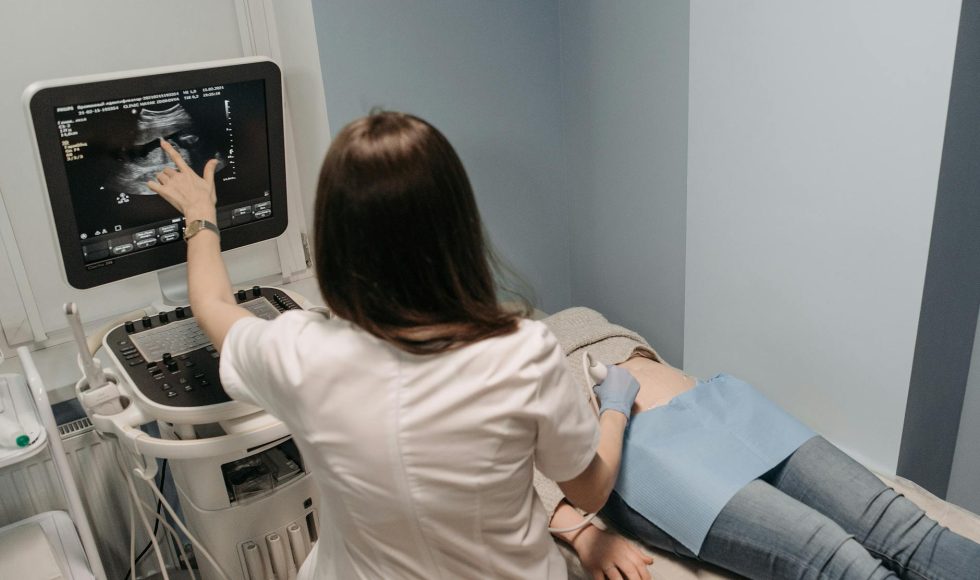Rob James from the University of Warwick in the UK presented a session titled “From amplicons to metagenomes: long-read sequencing the environment” at London Calling 2019. James spoke about complex environmental matrices such as soil, sediment, and excreta that are often impure and biologically and chemically contaminated. Different extraction methods are used depending on the […]
Amanda Warr from The Roslin Institute in the UK presented at London Calling 2019, “Going full circle: assembly of high-quality, single-contig microbial genomes from the rumen microbiome using long-read sequencing.” I had not watched this session before! They spoke about the rumen: a specialized stomach with a complex microbial environment. They are interested in the […]
Tonight I watched Seda Mirzoyan from Rutgers University present on “Using SIP and MinION sequencing to uncover active microbial communities in blueberry farm and forest soil systems.” This presentation was recorded at the NCM 2019. They spoke about characterizing active microbial communities in farms and soil systems because of the importance of blueberries in the […]
Ema Corro from MYCOmmunity Applied Mycology Inc. in Australia presented at London Calling 2021 on “How MinION sequencing is opening up new possibilities in citizen science and fungal conservation.” I have been thinking about citizen science and community engagement lately. I thought this session would help. Corro spoke about fungi as vital to ecosystem health. […]
Koen Deserranno from Ghent University in Belgium presented a lightning talk at London Calling 2023. The title was “Advancing targeted haplotyping in pharmacogenomics using adaptive sampling.” For example, they explained that pharmacogenomics studies the genetic impact on drug efficiency. There is a need for long-read sequencing for some pharco genes. The current pharmacogenomics information, Deserranno […]
I started watching the “Onsite lighting talks at London Calling 2023” playlist. Bradley Hall from Asuragen in the USA presented “The dark side of carrier screening: illuminating hard-to-decipher genes in common genetic disorders with nanopore sequencing.” Hall explained how carrier screening has evolved and the number of gene targets included in different screens. Hall emphasized […]
Chen Yong from Oxford Nanopore helped facilitate the Knowledge Exchange session I watched tonight: “Decoding the epigenome with Oxford Nanopore real-time methylation detection.” This webinar was recorded. Sayonika Mohanta from ONT explained that methylation is central to gene expression. They spoke about the role of methylation in gene expression: her or hypo methylation can affect […]
Hagar Mor-Shaked from the Hadassah Medical Organization and Faculty of Medicine, Hebrew University of Jerusalem, presented a lightning talk at London Calling 2023. The title of the session is “Pathological short tandem repeats analysis by long-read sequencing in affected individuals.” They were also an employee of the Geneyx company that did genomic analysis. Mor-Shaked spoke […]
Babita Singh from the CSIR National Botanical Research Institute in India presented at London Calling 2023 on “Exploring targeted genetic diversity in the core Indian cotton germplasm using Oxford Nanopore platforms.” Singh spoke about the importance of cotton and that they are “unicellular epidermal trichomes of ovules.” Singh explained that the top cotton-producing countries are […]
Gabrielle Hartley from the University of Connecticut presented at London Calling 2023 a lightning talk. The session’s title is “Telomere-to-telomere nanopore-based genome assembly reveals genomic and epigenetic features of karyotype radiation.” Hartley is a graduate student and is studying the evolution of gibbons. They noted that, unlike other apes, gibbons “have highly rearranged karyotypes concomitant […]











